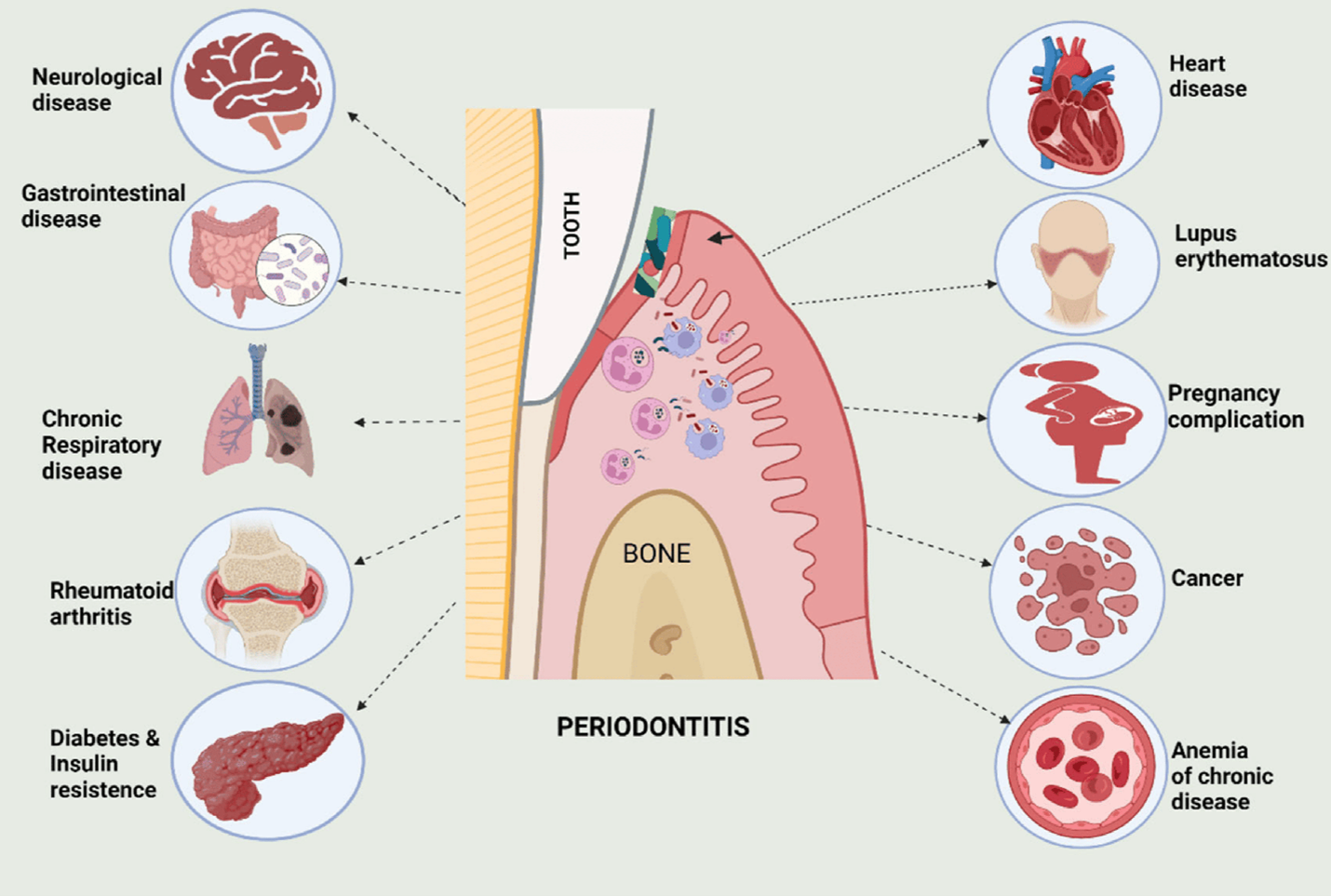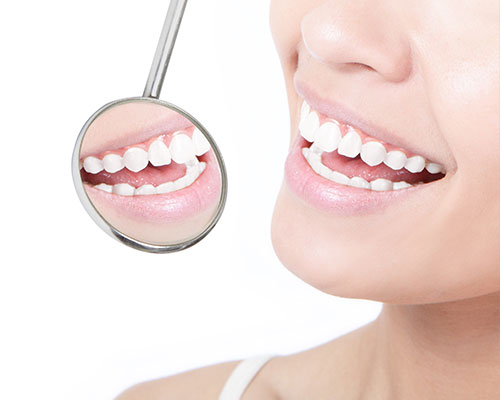Amalgam Fillings vs Composite Fillings
Although a common modern comfort, sugar is the leading cause of cavities. But did you know that you might
have trace amounts of mercury lodged in your mouth? Cavities are typically treated with fillings, helping
resolve pain and discomfort in patients. But one type of filling may be doing more harm than most realize.
Commonly referred to as “silver fillings”, Amalgam fillings have been a treatment for cavities for the past
200 years and are controversial in that they are proven to release small amounts of mercury into the body
over time. 1
You may be wondering how this affects you. When mercury comes into contact with the body, patients may
experience health related issues including: mood swings, rashes, and even memory loss. That toothache you
originally went to see your dentist for may actually result in a number of other, unforeseen health issues
if treated with an Amalgam filling. Although cheap and lasting, the aftereffects of mercury fillings may
have negative effects on your overall health.
Amalgam fillings have gone through constant testing because of their ability to treat cavities but then harm
a patient over time. However, one fact remains constant. That is, the need for an alternative, safer way to
treat and fill cavities. Fortunately for you, this alternative does exist:
Known as composite fillings, or “white fillings”, these fillings can treat and fill cavities while keeping
the patient from the harmful effects of mercury. Differing from Amalgam fillings in color, make-up, and
cost, Composite fillings provide comfort to those who do not wish to fall victim to the aftereffects of
mercury infused Amalgam fillings. Although slightly more expensive than Amalgam fillings, Composite fillings
are a completely safe alternative to treating cavities and are made with strong, lasting materials that are
compatible to the patient’s body. With no risk of health related issues, like those of mercury fillings.
These types of fillings can heal and treat dental cavities while providing reassurance that no mercury will
enter the body.
Due to its colouring and equal ability to treat dental cavities, Composite fillings are advancing in
popularity as compared to mercury filled Amalgam fillings. One reason for this change is the assurance that
Composite fillings will not poison the body with mercury. In some countries, Amalgam fillings have been
banned due to their poor effects on an individuals overall health.2
At Dentistry for Health New York, we take the patients overall health into consideration when providing
treatment and are fully committed to a mercury-free dental practice. We ensure that patients have the
greatest amount of care and safety when preforming dental procedures like Amalgam removals in order to
ensure the patient’s complete health, not just their dental health. Our experts use advanced safety
equipment like our negative ion generators to expel Amalgam vapours during removal, and provide Composite
fillings as a safe and biologically compatible alternative. Note that it is important to consult your
physician before scheduling an Amalgam removal appointment. With expert training and experience, patients
know that they are receiving the highest quality of care.
Contact us today to learn more about Amalgam removal treatments, Composite and Amalgam fillings, and how Composite fillings may be a safer option for you.






